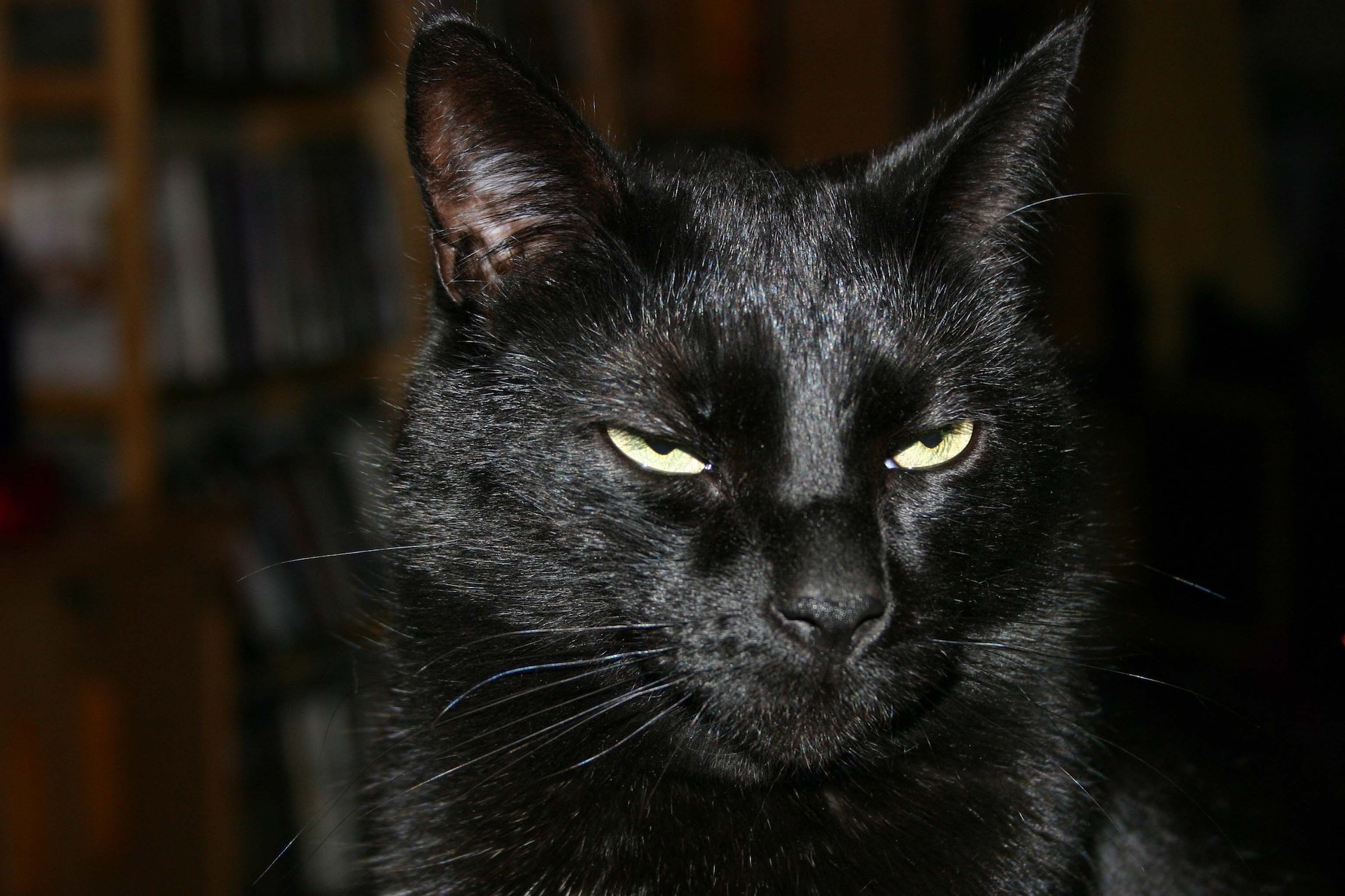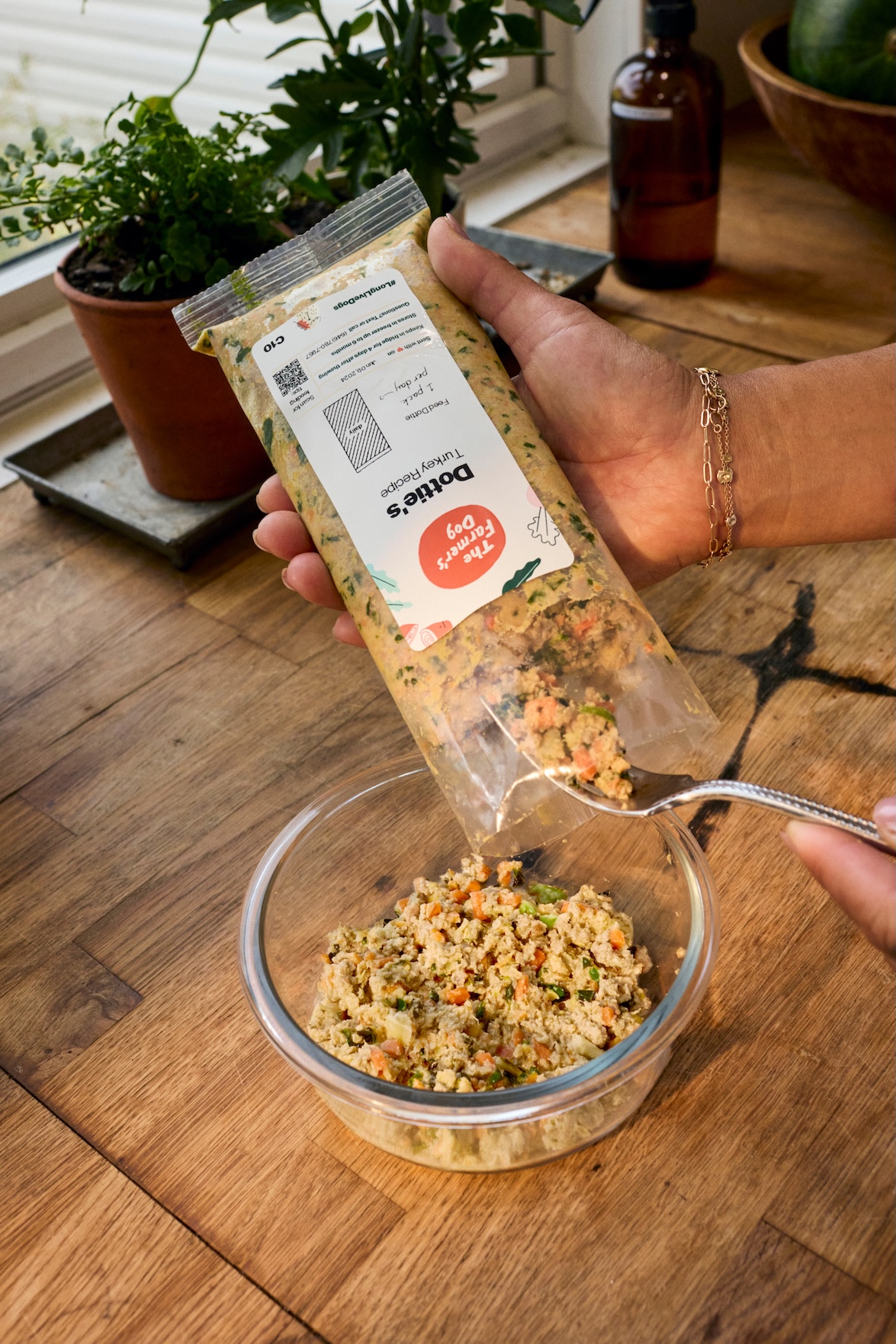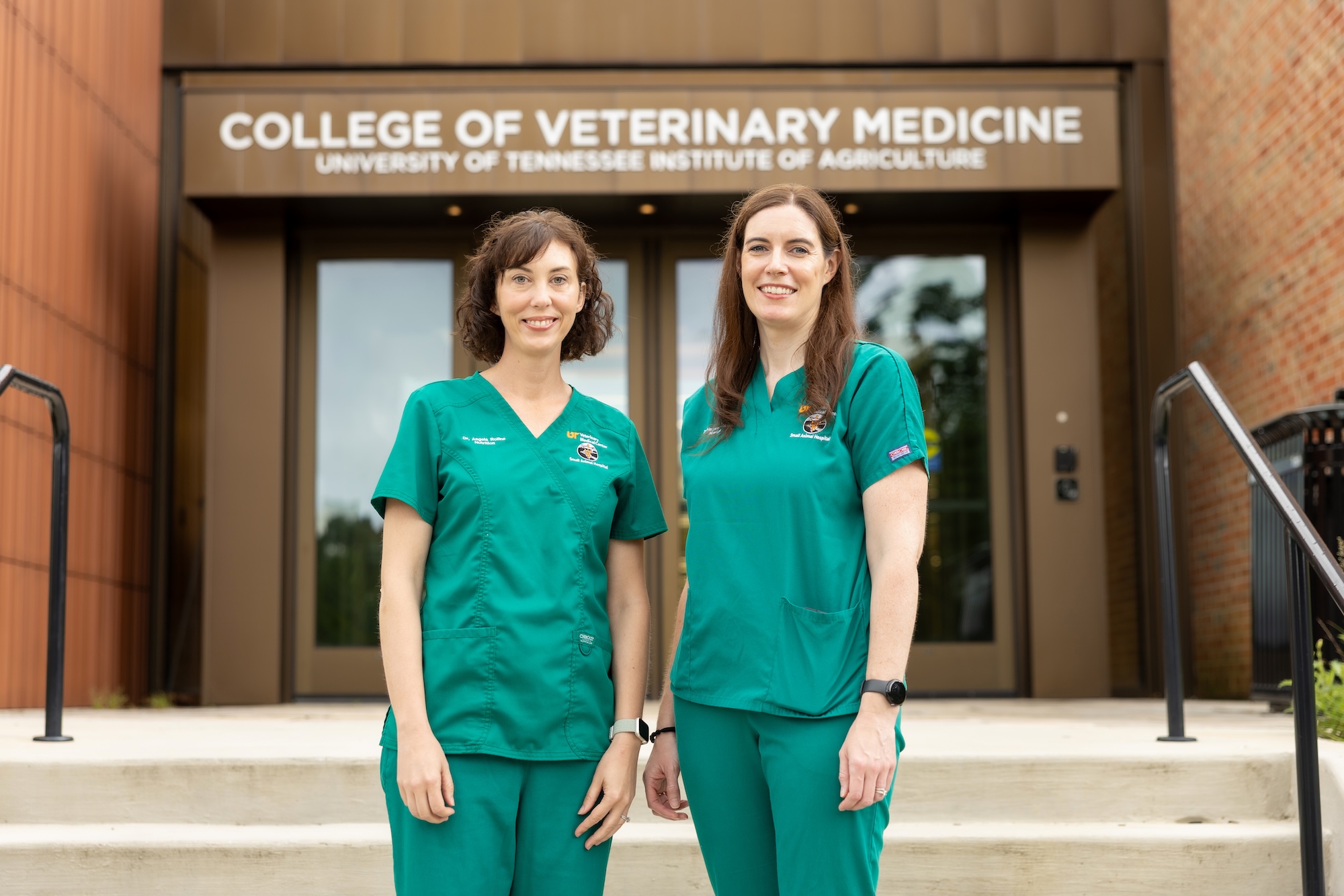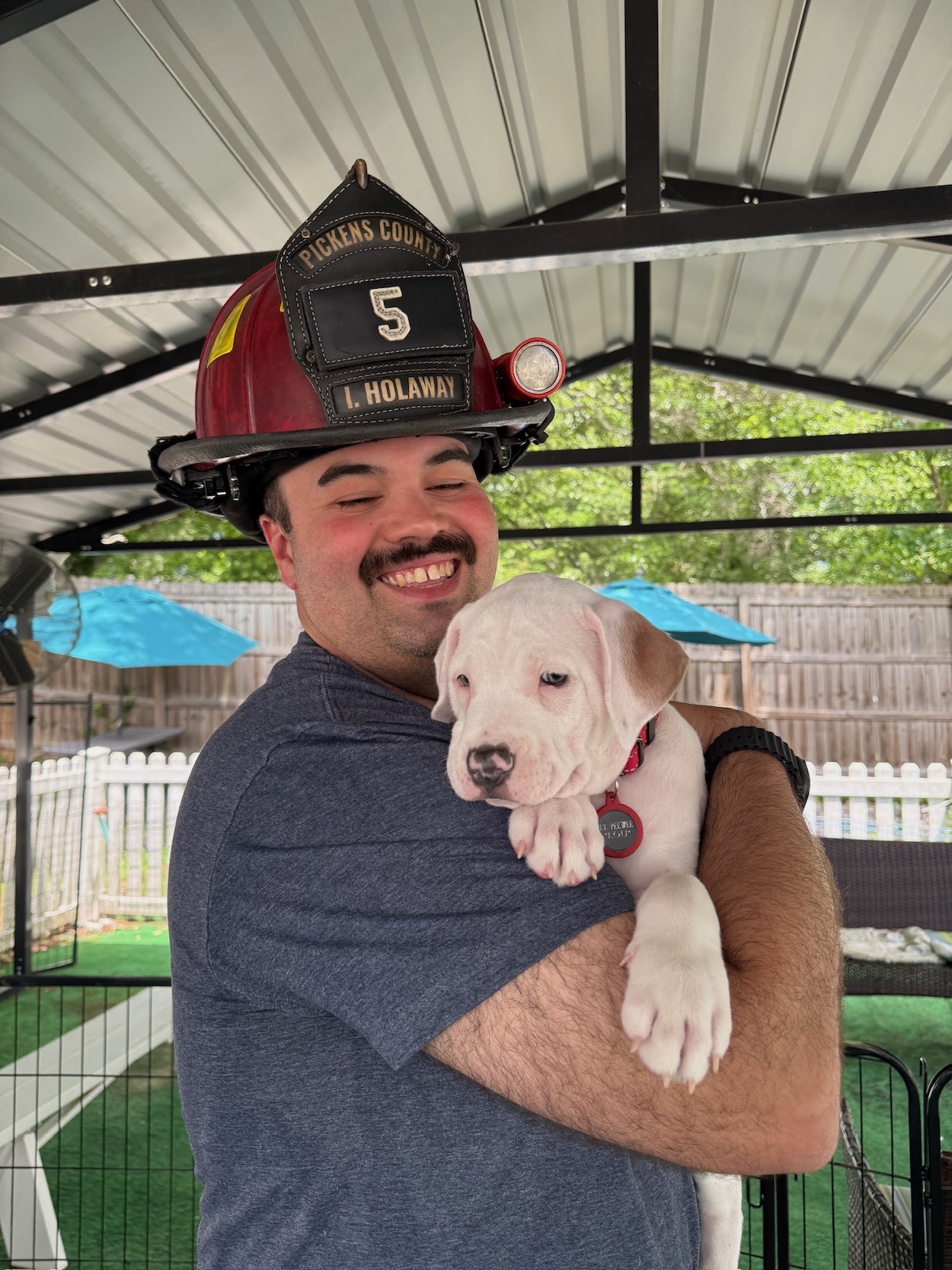You’re out of dog food. Petunia, your canine companion, is hungry, and cat food is at hand. Or perhaps Petunia helped herself to the cat’s dinner when you weren’t looking. Either scenario prompts the question: Is it OK if my dog eats cat food??
The short answer is: it should be OK if your dog sneaks a mouthful (or bowlful) of cat food occasionally, but they should not eat it on a regular basis. So, as a rule, don’t feed cat food to your dog, and do your best to keep our dog’s nose out of your cat’s bowl.
Dogs do best consuming foods designed specifically for canine nutritional needs. Feeding your dog complete and balanced food is essential. An incomplete, unbalanced, or inappropriate diet over time can result in significant health problems like immune dysfunction, accumulation of fat in the liver, and degenerative muscle diseases.
Cats’ and dogs’ different dietary needs
Although both dogs and cats are both domesticated pets, on a fundamental level, they are unalike when it comes to their ideal diet.
Dogs are omnivores—they benefit from a mix of meat and plant-based foods. Cats, however, are true (or “obligate”) carnivores—they thrive on meat. As a result, commercial cat food centers on animal protein and fat, and simply wasn’t made with the right balance of nutrients to keep a dog healthy in the long term (and, as you might guess, you shouldn’t feed dog food to your cat—doing so risks nutrient deficiencies and stomach problems).
What happens if my dog eats cat food?
The short-term downside of a cat food snack could be an upset stomach, possibly leading to vomit or diarrhea. This goes double for dogs with sensitive stomachs.
The longer-term consequences for a dog who eats cat food include malnutrition, obesity, and pancreatitis—not to mention gastrointestinal distress (consider too that dogs often eat more food by volume than cats).
Over time, extra protein and fat mean excess calories and a heavier load on the liver and pancreas, which work together to break down protein and fat. Pancreatitis, or inflammation of the pancreas, can be both caused by and made worse by dietary indiscretion—that is, when dogs eat things they shouldn’t eat. Symptoms of pancreatitis include lethargy, decreased appetite, vomiting and diarrhea, and abdominal pain. Alert your vet if your dog exhibits any of these. (Dogs with chronic pancreatitis should never even sample cat food.)
And, of course, too much protein and fat, and too much food in general, translate to more calories than your dog needs. Dogs who eat cat food regularly are likely to gain weight, and too much extra weight can lead to health problems and make existing conditions more serious.
Maintaining a healthy weight is key for your dog’s health—and it’s easier than losing excess weight, so ensure your dog eats healthy, complete and balanced dog food in the right amount, and doesn’t eat too many extras.
What should I do if my dog eats some cat food?
Again, if your dog sneaks a few bites out of the cat’s bowl, the most immediate risk might be the wrath of a wronged cat. In small amounts, cat food isn’t toxic, so there’s no need for medical intervention. After their sneaked snack, your dog may not react at all, or you might see some signs of an upset stomach. If any loose stool or vomiting persists for more than a day, speak to your veterinarian, as it might indicate another issue.
The best thing to do is to prevent your dog from getting into the cat’s food. Don’t leave a bowl of any food, human or feline, within snout’s reach. If you have a cat, try to serve their meals in another room away from your dog’s bowl, or on a raised surface.
An icy glare from a tough cat could be enough to keep some dogs from stealing food—for all others, make sure you’re doing your part to keep cat food out of your dog’s path!
Read more on happy dog-cat relationships.





